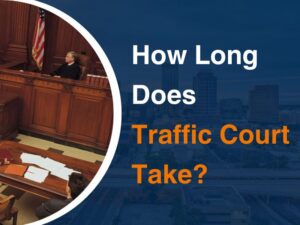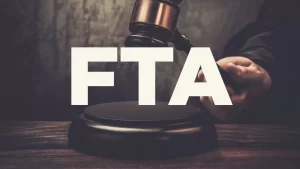What Does “No Contest” Mean in Court? Understanding the Key Differences
Navigating the legal landscape can be complex, especially when it comes to legal terminology like “no contest” pleas in court. While many assume that a no-contest plea is synonymous with a guilty plea, there are significant distinctions between the two. This article will delve into the nuances of a no-contest plea, its implications, and its impact on legal proceedings.
Introduction: Unraveling the No Contest Plea
Legal matters often involve intricate choices that can significantly affect the outcome of a case. One such decision is choosing between pleading guilty and entering a no-contest plea. These seemingly similar options can lead to divergent outcomes in both criminal and civil cases.
No Contest vs. Guilty Plea: Understanding the Difference
A common misconception is that pleading no contest and pleading guilty are identical. However, they diverge in their underlying implications. When an individual pleads guilty, they explicitly admit to their culpability. In contrast, a no-contest plea, while not an explicit admission of guilt, carries a similar effect.
The Implications of Pleading No Contest
By choosing a no-contest plea, an individual acknowledges their understanding of the prosecution’s evidence against them. While this plea doesn’t constitute a direct admission of guilt, it results in a conviction without undergoing a full trial.
No Contest Pleas and Plea Bargains
In many instances, a no-contest plea is part of a plea bargain arrangement. This strategic decision allows defendants to acknowledge their accountability without the stigma of a guilty plea. Such pleas can offer advantages in sentencing negotiations and result in lighter sentences.
The Role of No Contest Pleas in Civil Cases
One of the most significant differentiators between guilty and no-contest pleas lies in their implications for civil cases. While a guilty plea can be used as evidence in a subsequent civil lawsuit, a no-contest plea’s lack of admission of guilt shields the defendant from automatic liability.
The Complex Landscape of Legal Consequences
Understanding the potential consequences of legal decisions is paramount. Pleading no contest offers an opportunity to avoid the lengthy trial process, but it’s essential to recognize its implications in both criminal and civil proceedings.
Considerations for Defendants: Making an Informed Choice
Defendants must weigh various factors before deciding between a guilty plea and a no-contest plea. Seeking guidance from a skilled criminal defense attorney can provide valuable insights into the potential outcomes of each option.
The Prosecutor’s Perspective: Negotiating Plea Arrangements
Prosecutors may advocate for a guilty plea, as it entails a direct admission of guilt. A no-contest plea might not always be accepted by the court, highlighting the prosecutor’s role in shaping the course of the case.
Balancing Accountability and Legal Strategy
Choosing between a guilty plea and a no-contest plea involves balancing personal accountability with legal strategy. Recognizing the potential consequences of each plea is crucial for making an informed decision.
The Role of Legal Counsel: Expert Guidance
A skilled criminal defense attorney plays a pivotal role in guiding defendants through the complexities of the legal system. Their expertise can help defendants navigate the nuances of plea options and their ramifications.
Conclusion: Navigating the Maze of Legal Decisions
In the realm of criminal law, the distinction between a no-contest plea and a guilty plea carries significant weight. While both have implications, understanding the differences empowers defendants to make choices aligned with their legal objectives.
Frequently Asked Questions
1. Can I change my plea from no contest to guilty after entering the plea?
Yes, in some cases, you may have the option to change your plea. Consult your attorney to explore your available choices and their potential consequences.
2. Does pleading no contest mean I won’t face any penalties?
Pleading no contest can lead to penalties, similar to a guilty plea. It’s important to discuss potential outcomes with your attorney.
3. Can a no-contest plea be used against me in a civil lawsuit?
Unlike a guilty plea, a no-contest plea generally cannot be used as automatic evidence in a civil lawsuit. However, the specifics may vary based on jurisdiction.
4. Why would I choose a no-contest plea over a guilty plea?
A no-contest plea can offer benefits in plea negotiations and help you avoid the stigma of a guilty plea while still accepting responsibility.
5. How can a criminal defense attorney help me decide between pleas?
An experienced attorney can assess your case, explain the potential consequences of each plea, and guide you toward the option that aligns with your goals.








